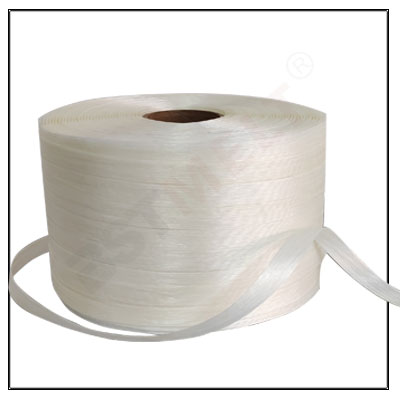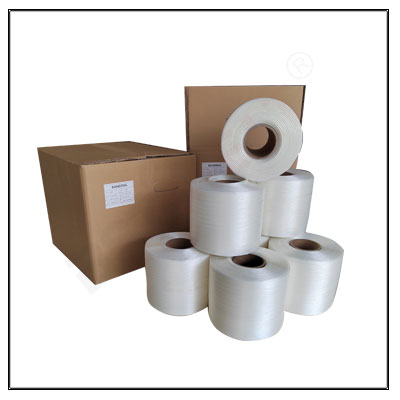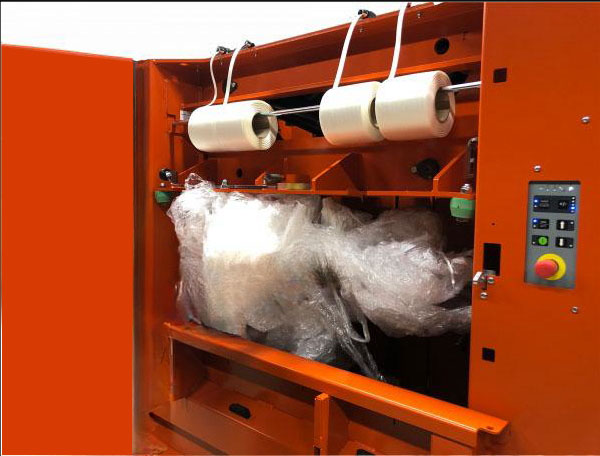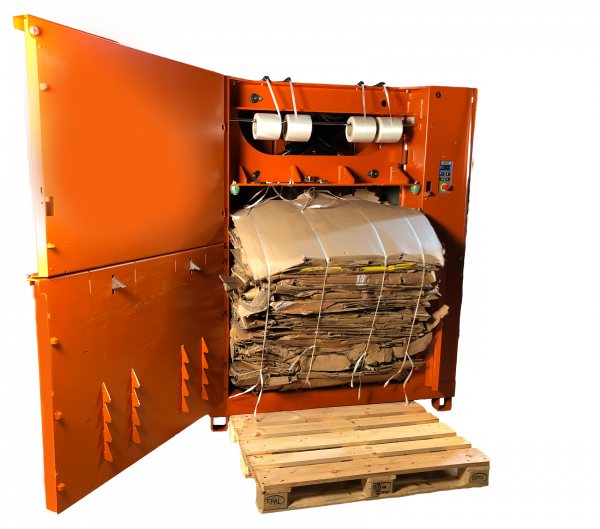Innovative Bale Press Strapping Technology Revolutionizes Agricultural Packaging
In the heartland of agriculture, where fields stretch to the horizon and the rhythm of harvest seasons dictates the pace of life, a quiet revolution is taking place. It's not in the form of towering silos or sleek tractors, but rather in the humble bale press strapping technology that plays a crucial role in packaging the bounty of the land. In recent years, innovative advancements in bale press strapping have begun to reshape the way farmers and packaging industries approach agricultural packaging, ushering in an era of efficiency, sustainability, and cost-effectiveness.



Traditionally, bale press strapping has been a straightforward process, involving the bundling of harvested crops such as hay, straw, or cotton into compact, manageable bales using sturdy straps or wires. While effective, this method has its limitations, often resulting in inefficiencies, material wastage, and environmental concerns. However, with the advent of cutting-edge technology, these challenges are being overcome, paving the way for a more streamlined and environmentally conscious approach to agricultural packaging.
One of the most significant innovations driving this change is the development of automated bale press strapping systems. These systems leverage robotics, sensors, and advanced machinery to precisely bundle crops into uniform bales with unparalleled speed and accuracy. By automating the strapping process, farmers and packaging facilities can dramatically increase productivity while reducing labor costs and human error. Furthermore, the precision of automated systems minimizes material wastage, ensuring that every strap counts and maximizing the value of each harvest.
Another key advancement in bale press strapping technology is the introduction of high-tensile synthetic straps. Unlike traditional metal wires, these synthetic straps offer superior strength, flexibility, and durability, making them ideal for securing even the largest and heaviest bales. Additionally, synthetic straps are resistant to rust, corrosion, and degradation, ensuring reliable performance in diverse environmental conditions. By replacing metal wires with synthetic straps, farmers can not only improve the integrity of their bales but also mitigate the risk of contamination from metal fragments, thereby enhancing the quality and safety of their products.
In tandem with the shift towards automation and synthetic materials, sustainability has emerged as a central focus in the development of bale press strapping technology. With growing awareness of environmental issues and regulatory pressures, manufacturers are increasingly prioritizing eco-friendly solutions that minimize waste and reduce carbon footprint. As a result, innovations such as biodegradable straps made from renewable materials have gained traction, offering a greener alternative to conventional strapping materials. These biodegradable straps not only provide the same level of performance as their synthetic counterparts but also decompose naturally over time, leaving behind no harmful residues or pollutants.
Furthermore, advancements in bale press strapping technology have extended beyond the field to encompass the entire supply chain, from storage and transportation to distribution and recycling. Moreover, modular design features facilitate the seamless integration of bale press strapping equipment with existing packaging machinery, optimizing space utilization and operational efficiency. By incorporating these innovative technologies into their operations, stakeholders across the agricultural value chain can unlock new opportunities for optimization, cost savings, and environmental stewardship.
The impact of innovative bale press strapping technology goes beyond mere efficiency gains and cost savings—it represents a paradigm shift in the way we think about agricultural packaging. By harnessing the power of automation, synthetic materials, and sustainability, farmers and packaging industries are not only improving their bottom line but also contributing to a more sustainable and resilient future for agriculture. As we continue to push the boundaries of what is possible, one thing is clear: the humble bale press strapping has the potential to shape the future of agriculture for generations to come.


Customers can purchase high-quality packaging consumables from us.
To make contact with us, please feel free to email:hailey@bststrap.com or call us on +86 1366574476
HomeNewsProductsSolutionDisclaimersPrivacyCooperationContact Us
Copyright © 2023 BSTSTRAP